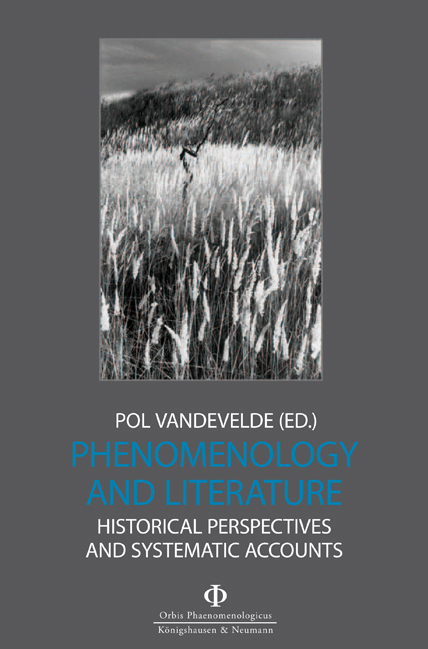Beschreibung
The essays in this volume present several historical perspectives and systematic accounts of the link between phenomenology and literature. Phenomenology and literature are in a sense inseparable because they complement each other in revealing to us possibilities for new engagement with the world (Heidegger), in disclosing possibilities for ethical action and liberation from tyranny (Sartre), in making our actions and ourselves intelligible (Ricoeur), in bringing to the fore the very genesis of the way the world has come to make sense to us (Merleau-Ponty). In this sense, literature and phenomenology cannot be construed as independent disciplines. Rather, literature is intrinsically phenomenological and phenomenology cannot but function like literature. The volume has been organized around four axes: first, a general introduction that situates the practice of literature and the different trends that can be found in the phenomenological approaches to literature; second, some phenomenological filiations and influences; third, some phenomenological themes found in literature; and fourth, some phenomenological figures and movements. Der Herausgeber Pol Vandevelde is professor of philosophy at Marquette University, Milwaukee (USA). He is the author of Être et discours: La question du langage dans l’itinéraire de Heidegger (1927– 1938) (1994) and The Task of the Interpreter: Text, Meaning and Negotiation (2005). He has translated into French books by Martin Heidegger (2001), Edmund Husserl (1998), and Karl-Otto Apel (forthcoming) and into English a book by Pierre Rousselot (2008).

